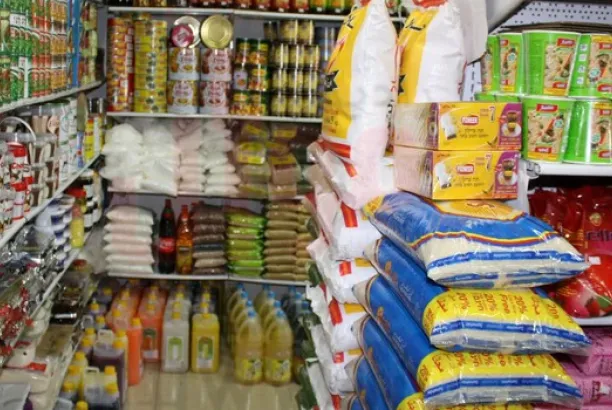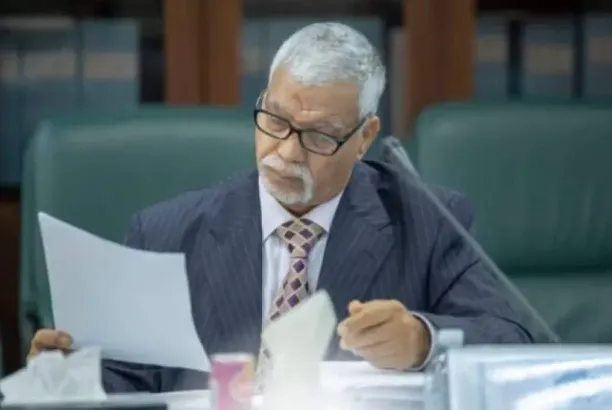
| Economic articles
Al-Shahoumi Writes an Article Titled: “The Dilemma of the Central Bank of Libya”
Dr. Suleiman Salem Al-Shahoumi, Professor of Finance and Investment and Founder of the Libyan Financial Market wrote an article saying:
The Central Bank of Libya, a historic and pivotal institution within Libya’s economic structure, is managing the country’s monetary policy amid an extremely delicate and highly turbulent situation both domestically and internationally. Even after addressing the primary demand of unifying its administration and bridging the long-standing division, the process of monetary and banking unification, along with the integration of accumulated public debt and monetary easing measures, remains stalled without tangible progress reflected in the bank’s core accounts and periodic reports.
Despite the formal unification, the Central Bank still finds itself dealing with two separate governments, each with its own budgetary requirements for operational and investment spending, without a unified national budget framework. This has resulted in uncontrolled public expenditure, weakened financial oversight, and an unregulated fiscal policy. Consequently, the monetary supply in Libya has expanded beyond the economy’s absorptive capacity, exacerbating inflation and undermining the Central Bank’s ability to stabilize the national currency.
Historically, the Central Bank has provided financial facilities to both governments without a unified or structured framework, justifying its actions but failing to enforce comprehensive fiscal discipline. Even internationally mediated public expenditure meetings, including U.S. and international efforts, have failed to introduce concrete measures for controlling Libya’s fiscal and monetary chaos. Instead, these discussions have primarily focused on managing foreign exchange and enhancing transaction transparency, neglecting the crucial need for regulating oil and gas revenues. The lack of transparency in revenue collection and distribution among the National Oil Corporation, the Libyan Foreign Bank, and the Central Bank has further complicated the situation.
The call for a unified national budget remains urgent, despite the prolonged delay in its approval and implementation. The challenge, however, extends beyond mere expenditure control—it also involves ensuring transparency and smooth revenue flow to the Central Bank.
In my view, adopting a nominal budget could help the Central Bank regulate public spending and assess its ability to respond to the current monetary expansion. However, such a measure would be insufficient as long as both governments continue to demand unrestricted spending. The prevailing approach places all financial pressure on the Central Bank, forcing it to either inject liquidity or restrict electronic funds.
Expecting the Central Bank to reduce the money supply under such unstable financial and monetary conditions is neither realistic nor effective, given the lack of functional monetary policy tools and coordination with governments to regulate trade policies and curb excessive imports. Without financial policy instruments that promote investment-driven demand, excess liquidity will continue fueling demand for foreign currency rather than supporting productive economic growth.
The real dilemma lies in the Central Bank’s ongoing readiness to finance the uncontrolled spending of both governments, often without a structured framework or a clearly agreed-upon mechanism. In each instance, the bank resorts to deficit financing, which depletes foreign currency reserves and exacerbates economic instability. The parallel market, highly adept at exploiting the Central Bank’s monetary policy tools, operates independently, further constraining the bank’s ability to defend the national currency and ensure financial stability.
Half-measures cannot restore balance or build a sustainable economy. Introducing a new tax on foreign exchange transactions, for instance, does not reduce the money supply but rather provides additional government revenue—at best, it merely covers fiscal deficits, ultimately leading to an increased money supply. This scenario benefits competing governments while encouraging dollar speculation, worsening Libya’s financial crisis, and leaving the Central Bank caught between a rock and a hard place, gradually losing its ability to manage monetary policy effectively and contribute to economic stability.





